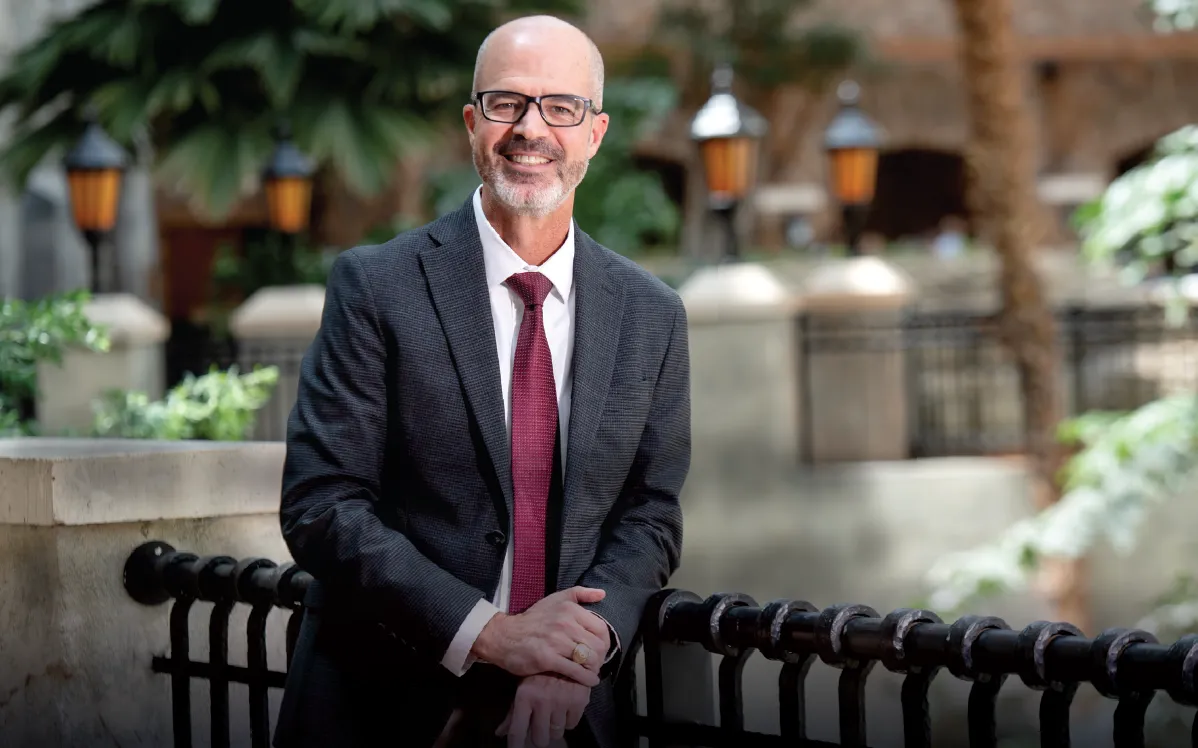The recent Polis 2016 Conference was attended by 450 mobility professionals from across Europe and beyond who met to debate on urban and regional mobility. Local and regional authorities called for greater understanding of where automated road transport can benefit cities.
The conference plenary session brought together local governments, the automobile industry, research and the European and international institutions to explore where automated vehicles can deliver benefit for cities and what needs to b
December 5, 2016
Read time: 2 mins
The recent Polis 2016 Conference was attended by 450 mobility professionals from across Europe and beyond who met to debate on urban and regional mobility. Local and regional authorities called for greater understanding of where automated road transport can benefit cities.
The conference plenary session brought together local governments, the automobile industry, research and the European and international institutions to explore where automated vehicles can deliver benefit for cities and what needs to be done to make this happen. The panellists acknowledged that automated vehicles are not an end in themselves.
Using an online live voting tool, conference delegates proposed public transport as the most adapted mode for full automation, ahead of public transport feeders for the first/last mile, shared mobility and urban delivery services.
Automation will be a priority item on the Polis agenda for 2017 and will draw on information from Polis members involved in automated vehicle projects and the knowledge gained through Polis involvement in several European projects dealing with automation, including CityMobil2 which demonstrated fully automated first/last mile transport services, and MAVEN which is investigating the implications of fully automated vehicles on traffic management.
The conference plenary session brought together local governments, the automobile industry, research and the European and international institutions to explore where automated vehicles can deliver benefit for cities and what needs to be done to make this happen. The panellists acknowledged that automated vehicles are not an end in themselves.
Using an online live voting tool, conference delegates proposed public transport as the most adapted mode for full automation, ahead of public transport feeders for the first/last mile, shared mobility and urban delivery services.
Automation will be a priority item on the Polis agenda for 2017 and will draw on information from Polis members involved in automated vehicle projects and the knowledge gained through Polis involvement in several European projects dealing with automation, including CityMobil2 which demonstrated fully automated first/last mile transport services, and MAVEN which is investigating the implications of fully automated vehicles on traffic management.










